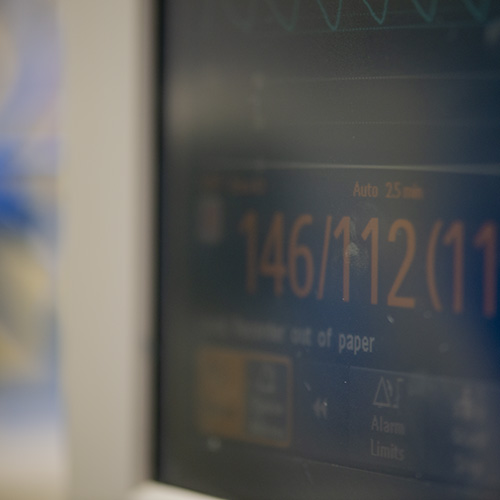Medically, constipation is defined as the presence of less than three bowel movements per week. If the bowel movement is reduced to less than one per week, then it is referred to as chronic constipation. Constipation occurs as a result of slowness of the movement of stool in the colon. Constipation may occur due to multiple causes including poor bowel habits, certain drugs, eating a diet low in fiber, abusing laxatives, hormonal imbalances, and diseases of the other parts of the body also affecting colon. The two types of disorders of colon that lead to constipation are inertia of the colon and dysfunction of the pelvic floor. Constipation may also occur during pregnancy due to increased levels of estrogen and progesterone hormones. Constipation may be treated using dietary fiber, non-stimulant laxative, enemas, stimulant laxatives, biofeedback training, suppository and surgery. Stimulant laxatives may damage the colon permanently and aggravates constipation; hence, they are used as a last resort to treatment.





